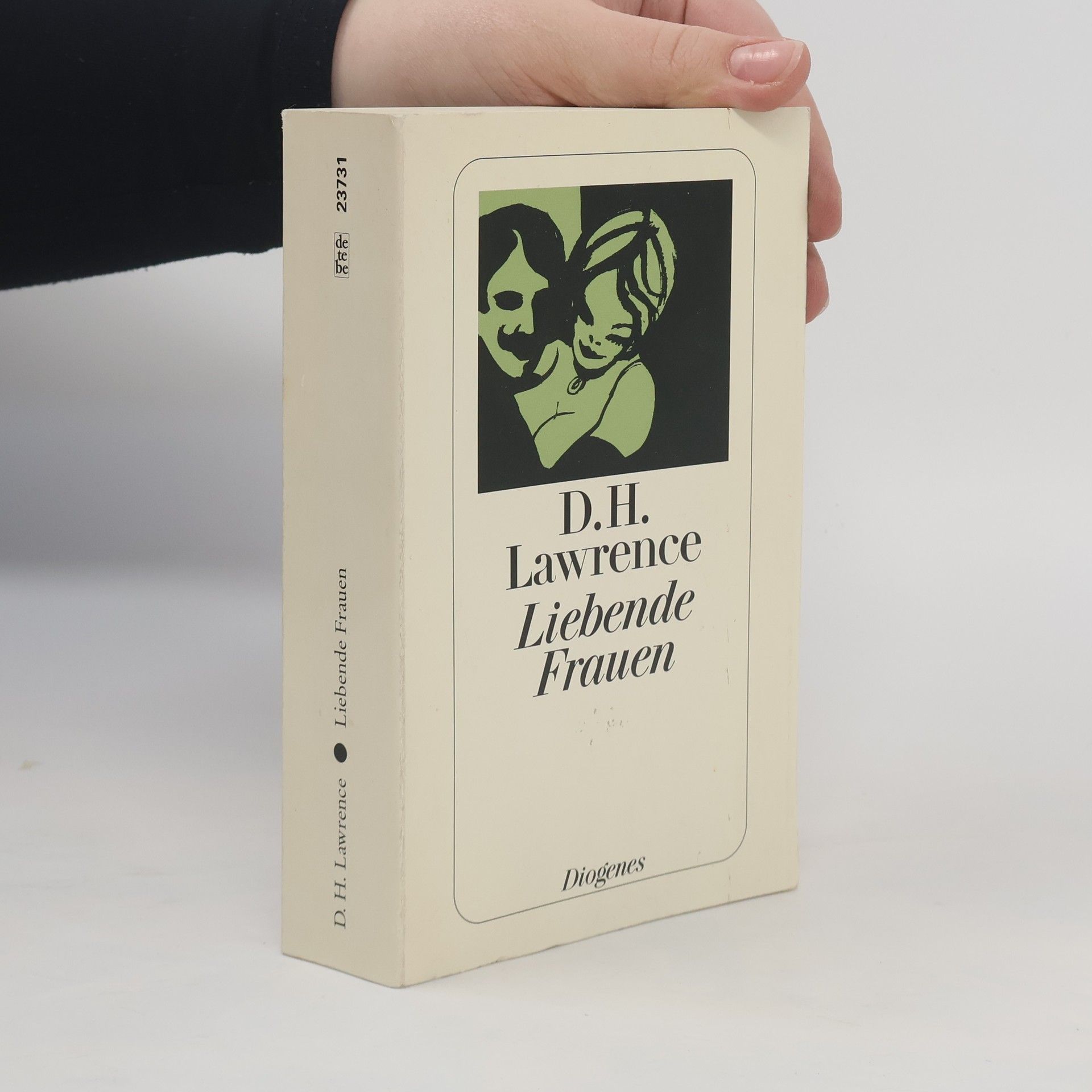A Tale of Two Cannons: April 19, 1775 from this day will be dated the liberty of the world
- 442 Seiten
- 16 Lesestunden
The book delves into the pivotal moments leading to the first shot fired on Lexington Green, igniting the American War for Independence. Through thorough research of both American and British perspectives, the author, Jeff Wallace, blends factual history with fictional dialogue, making the narrative both engaging and accessible. His unique approach invites readers, regardless of their historical background, to explore this significant event. Wallace, a seasoned Christian author and historian, also offers resources like podcasts and seminars related to his work.

